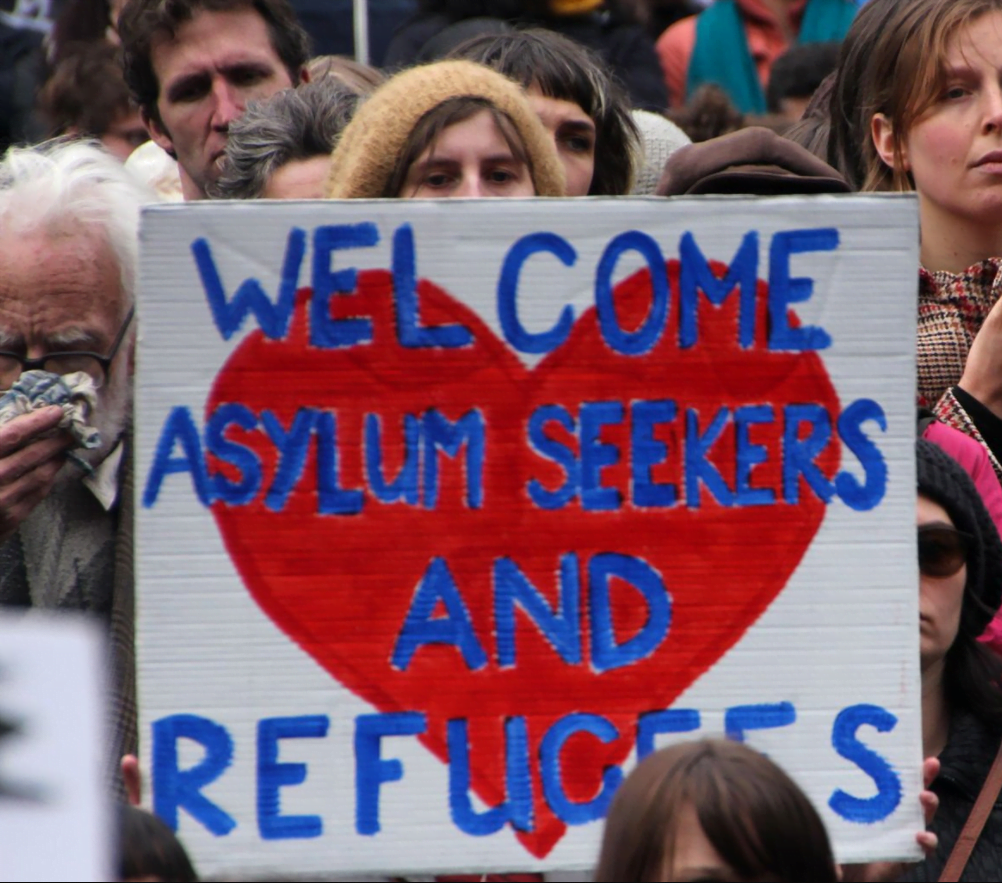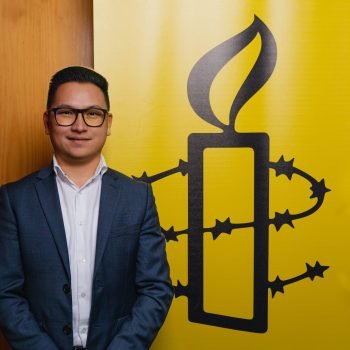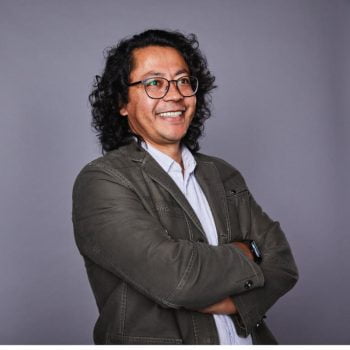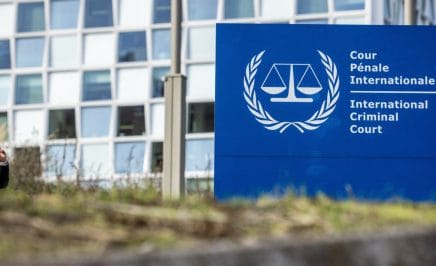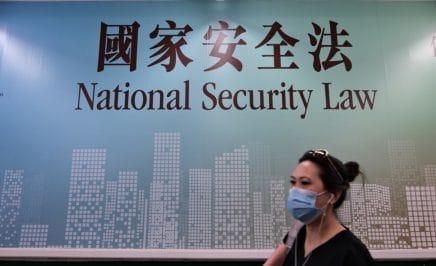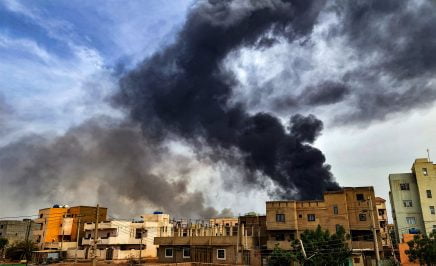Zaki:
My life was threatened by the Taliban back in 2012. I was forced to flee Afghanistan. Being a Hazara-Farmitic minority, Afghanistan has never been safe for my community, and particularly for my family.
I sought asylum by seeing Australia, and I was impacted extremely by the cruel asylum policy. At the time, I wasn’t a citizen, and I was not a permanent resident. So therefore, I could not sponsor my family. Yet, my family was still running for their lives.
They were running to the airport to get on a plane and to go out of Afghanistan anywhere to be safe. And with the help of the organisations, for example, my work at Amnesty, we managed to bring my family to safety. Once their visa was granted, IOM arranged their flights to Australia and I knew the flight number. I was tracking them to Sydney. So I went to the airport. I waited for about an hour or two. I was very anxious. It was a magical moment to see them and welcome them to safety.
We have been living apart for over, by then, over 11 years. When I left, my siblings were really young.
But also for my siblings, they have been running for their lives for a very long time.
And I think, still it’s hard to believe when they go out that there is no bomb that will go off, there’s no Taliban chasing them.
That sense of safety net is still unreal for my siblings. Under the Taliban regime, a woman, you’re not allowed to go to university, you’re not allowed to work. Here they are in Australia, they can enjoy that freedom. There’s no restrictions, there’s no law to prevent them of going outside. They can go out during the day, they’re going to Teff, enjoying the freedom of movement that they have, sitting with them in the car, seeing them driving, which is a right that women in Afghanistan do not have. Those basic rights that they enjoy is really empowering for me to see my sisters. My family has done really well. Within a year, they’re all either studying full-time or working full-time. For example, one of my brother is in construction work. He’s painting houses. My other brother is in IT, working for Woolworths. I think that’s a reflection that refugees, when they are forcibly in persecution, war, and conflict, they’re eager to grab any opportunity and to thrive, and that’s what my family has shown.
Zaki’s brother: And since we arrived Australia, It has started a new life and new challenges for all of us. So, like for me, myself, my English was not so good. I had to start to tape.
And now I’m working in IT for Woolworth as an IT team member.
I will try my best to use this opportunity in Australia.
Zaki’s sister: Afghanistan, no driving, no study, just in the home. And cooking does just this. And Australia is very good. The girls are very happy, going to work, study, drive. Very good.
Zaki:
Every number that we talk about, our refugee intake, is an opportunity for someone to come here and build a life for themselves, and also give back to our community the way that my family has been doing for the last year.
